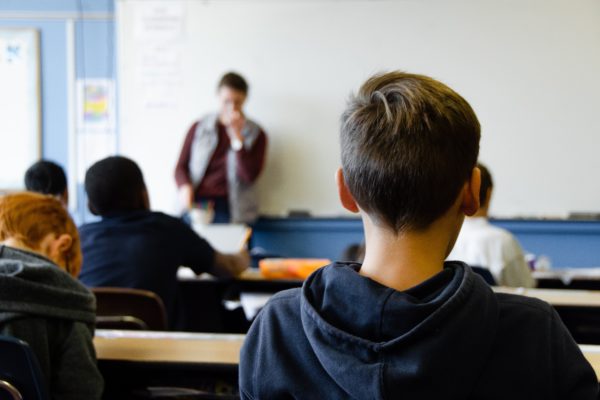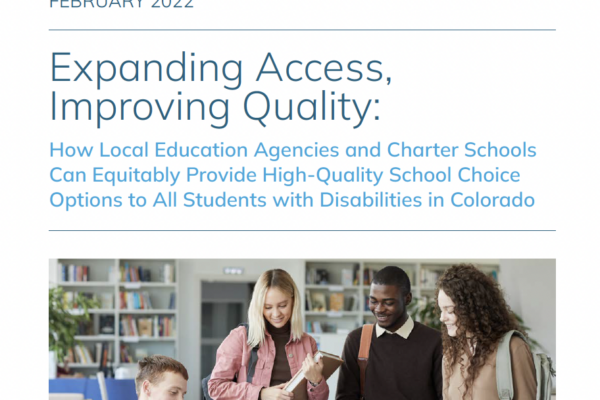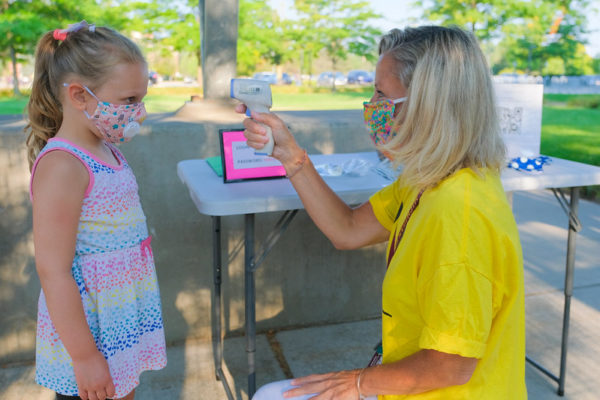CLE released “How has the pandemic affected students with disabilities? An update on the evidence: Fall 2022”, a report exploring evidence on how the Covid-19 pandemic has affected America’s students.
The Center for Learner Equity partnered with CACSA to publish reports exploring policies impacting students with disabilities in Colorado and the experiences of families of students with disabilities navigating educational opportunities within the state.
In 2016, the federal government rescinded a 2014 disciplinary guidance package that had served as a much-needed resource to schools and districts across the country, a decision that CLE opposed.
It is now time for the Office for Civil Rights (OCR) to issue new comprehensive guidance that advances equity for all students, especially those with disabilities. Guidance should ensure districts and schools stop using harmful exclusionary practices, including suspensions, expulsions, and seclusions, in lieu of individualized supports and services that address and ameliorate the behavioral needs of students with disabilities.
This brief comes out of our examination of leadership pipeline programs and specifically with individual leaders who have demonstrated exceptional commitment to improving education for students with disabilities. In particular, it focuses on their motivations and how to use that information to create future leaders.
This brief, written as part of a collaboration with Pathways 2 Tomorrow, introduces what we propose are critical components of a strategic, city-based framework, along with details regarding how this multi-pronged approach can drive systemic and sustainable change that will lead to better access and outcomes for students with disabilities.
This brief comes out of our examination of leadership pipeline programs and collaboration with these programs to infuse inclusive mindsets and strong programs for students with disabilities into their training models. In particular, it focuses on our findings regarding how future charter school leaders are trained in pipeline programs, specifically on educating students with disabilities.
The National Center for Special Education (the Center) has released a new report examining trends related to enrollment of students with disabilities in Colorado charter schools. Through this report, the Center documented enrollment trends across the state and by authorizing entity, surfaced contributing factors, and identified opportunities for key stakeholders to make short- and long-term changes that can improve students with disabilities’ ability to access and thrive in charter schools.
Disproportionate discipline of students with disabilities is a long-running crisis—and with the new rules and considerations around COVID-19, the stakes are even higher. Instead of simply reacting as incidents come up, however, schools have the opportunity to develop proactive discipline policies that serve students during the pandemic and also provide positive structures for the future.
In February 2020, the Center completed an analysis of the challenges associated with educating students with disabilities in Connecticut charter schools. We found that these challenges are symptoms of two broader issues—the state’s inequitable public education funding system and problematic ambiguity in the state charter law.
In February 2020, the Center completed an analysis of the challenges associated with educating students with disabilities in Connecticut charter schools. We found that these challenges are symptoms of two broader issues—the state’s inequitable public education funding system and problematic ambiguity in the state charter law.






